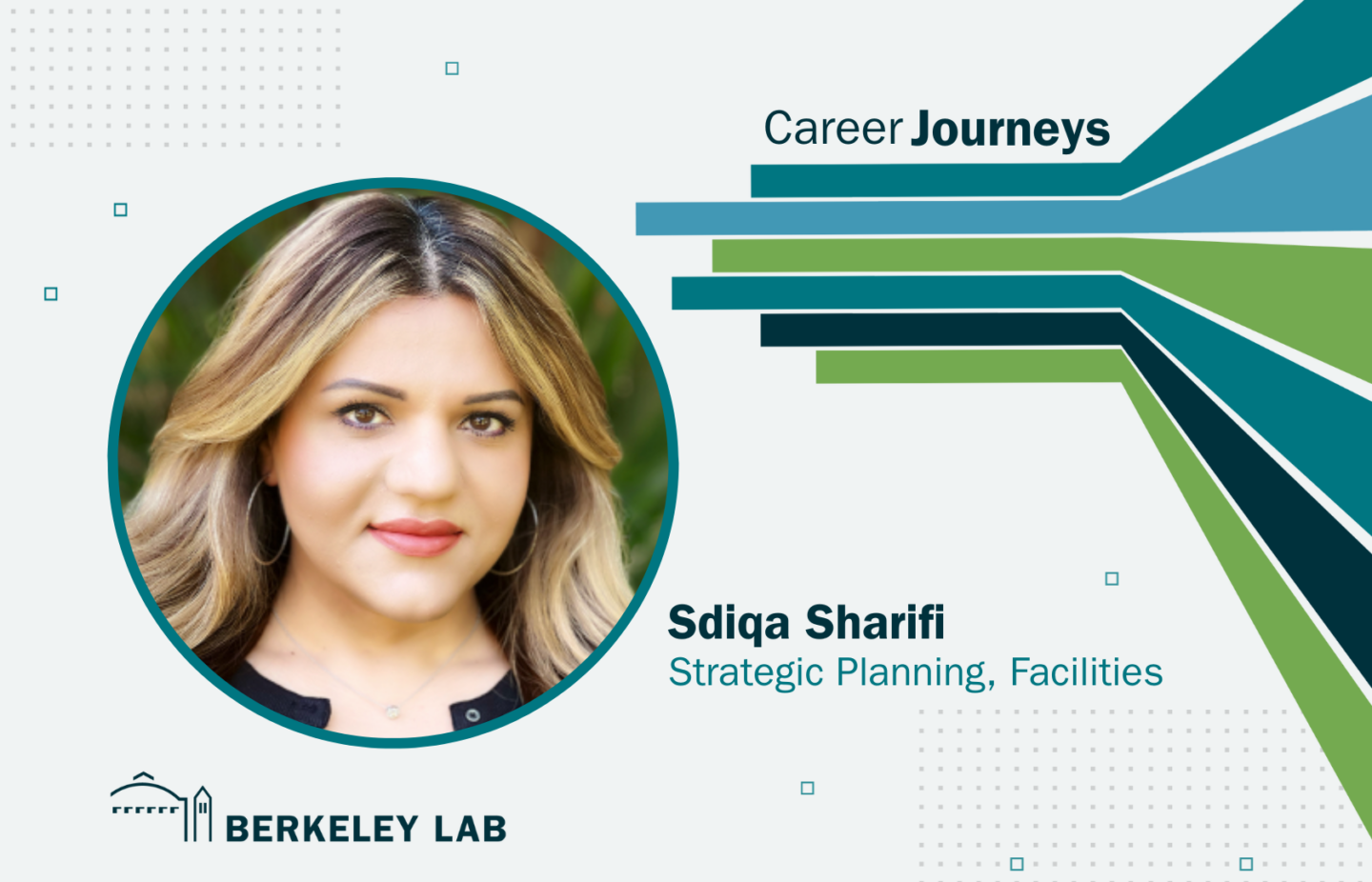Sdiqa has always aspired to higher learning – not just for herself, but especially for her younger siblings. She first came to the U.S. when she was two years old from Afghanistan, learning English for the first time in kindergarten. As the oldest, she would support and teach her young siblings after school. It’s no wonder her first career aspiration was to become a professor and that her first paying job was to tutor elementary and middle school students in summer school. She made $3.65 an hour, and with her very first paycheck, bought a coveted Dr. Pepper-flavored Chapstick. While that lip balm is long gone and she may not be a classroom teacher, Sdiqa’s passion for continuous learning, problem-solving, and being a positive role model is as strong as ever.
Her next paying job was at Taco Bell, which was the first time Sdiqa was given measurable responsibilities. She took pride in her work and high grades for efficiency, and thoroughly enjoyed seeing her skills make a direct impact on the final product. After working in the admissions office of her alma mater, Sdiqa returned to the retail industry. But this time, she worked in operations which captured her interest and also introduced an opportunity to work in human resources. From a large department retail chain to a hardware supply company, and then a decade with a retail chain working for a 24/7 operations center, she took a break from full-time work to pursue her professional human resources certification.
With her certification in hand, Sdiqa worked as a consultant before joining Berkeley Lab as a human resources division partner. Today, she is the program manager of strategic planning and operations for the Facilities Division, where she leverages her expertise in process optimization, organizational effectiveness and workforce planning to deliver operational excellence.
“Seek to understand. Listen with intent.“
– Sdiqa Sharifi
How many different jobs have you had in your career journey, and which one was the most rewarding?
My first job, as a teenager, was a summer position helping underprivileged middle school students prepare for high school success. Then I worked at Taco Bell, and then for the admissions department at UC Santa Cruz which is where I went to school and received my bachelor’s degree. I took a summer job at Macy’s in asset protection and operations. That first exposure to operations changed everything, and I continued working in operations and eventually human resources at a supply hardware company and then another retail brand. I spent about 10 years there before I decided to get my professional HR certification and take a break from full-time work. Then I turned to a short stint in consulting and eventually was hired at the Lab as a HR division partner for the Facilities division. I enjoy working with Facilities so much and now I’m a program manager for strategy planning and operations within the division.
My current job with Facilities is the most rewarding because I’m able to strategize and implement ways to make operations more effective, safe, and better overall. Each of my previous jobs has taught me so much and led me to where I am today to be able to do this type of work. I wouldn’t trade those experiences for anything.
Who was your most influential mentor – formal or informal – and how did they shape your career path?
It’s hard to name a specific person. I didn’t have a formal mentor, but I’ve always noted and tried to learn from every woman I’ve worked with in a professional setting. And even from watching other leaders such as Michelle Obama, I try to emulate how they communicate professionally and advocate for others even under uncomfortable circumstances. I take note of these aspects so I can be a better person myself and try to be the best I can be – not just for myself, but for the teams I’m on so that we are collectively successful in an achievable and sustainable way. And in some ways, I have always done this because I wanted to help my younger siblings navigate the American education system in a way so that they didn’t have to go through the same hardships I did. And today, I want to be a positive role model for my young nieces who are the next generation of female leaders.
What career setback or mistake has helped you to succeed and grow?
One important lesson I learned during my career was not to burn myself out. Early in my career, I had unrealistic expectations of what I could do on my own, and previously thought that it was normal to work 20 hours in a day. I thought it was a sign of weakness to ask for help and that this was part of what it meant to work. It took my moving into a new role at another organization how wrong I was. And today, the world is a very different place. Concepts like stop work and psychological safety are more commonplace which is a great thing.
What is the most important piece of career advice you have received?
A former manager of mine said something to me that has always stuck: “Seek to understand. Listen with intent.” As simple as the words are, it really resonated. While I like to be heard and help solve problems, I know I could miss the message if I’m not really listening to what the challenge really is. So from time to time, I remind myself to pause and listen to what someone is saying to understand them.
A career at Berkeley Lab offers a range of opportunities supported by training, mentorship, and career development programs. Whether you choose to build a career at the Lab or take your skills to other organizations, a career path to and at the Lab sets you up for success.
